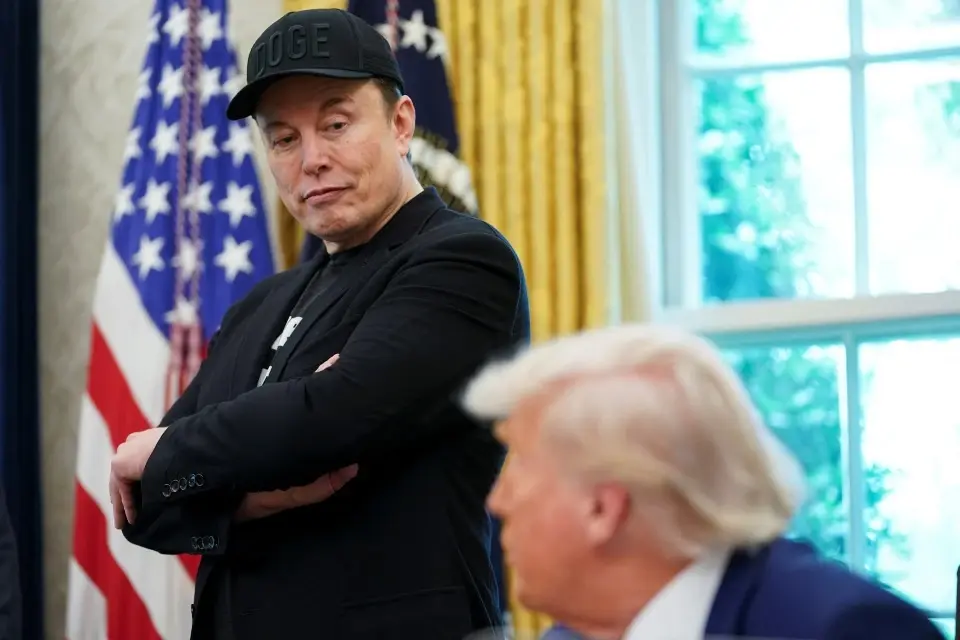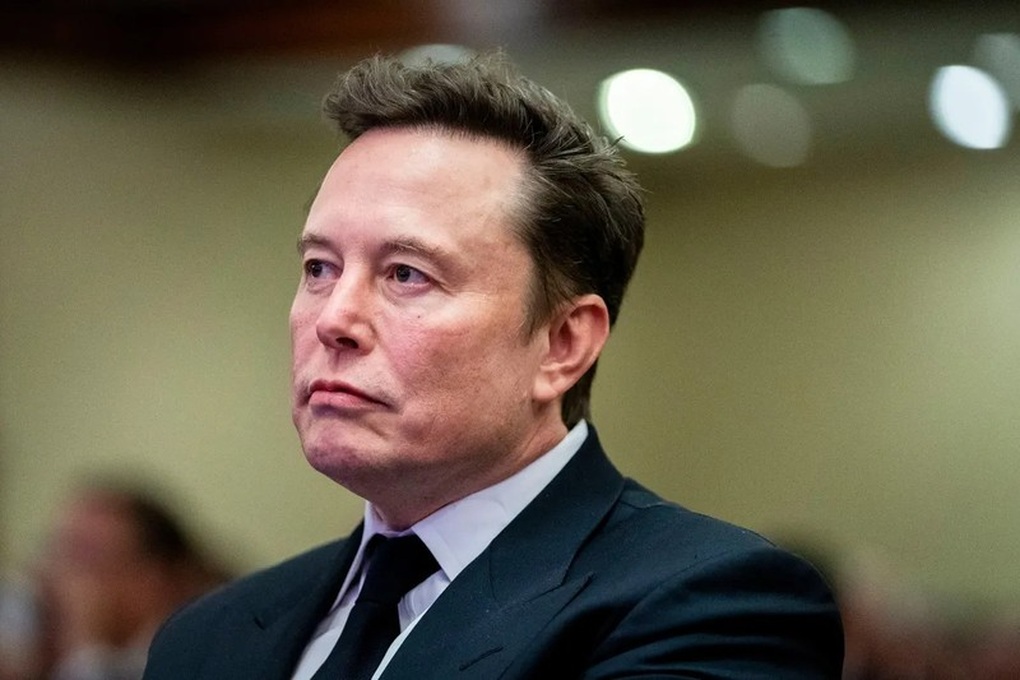In a stunning turn of events, American voters have largely dismissed Elon Musk’s newly announced “America Party,” a political venture born from a highly publicized feud with President Donald Trump. The billionaire, once a key ally of Trump and the largest individual donor to his 2024 campaign, has sparked controversy with his bold attempt to disrupt the U.S. two-party system. However, what Musk hoped would be a revolutionary movement has been met with skepticism and indifference, fueled by a misunderstanding of his intentions. Undeterred, Musk has vowed a “terrifying counterattack” that promises to shake the nation, leaving political observers and citizens alike questioning what comes next.

The origins of the America Party trace back to Musk’s fallout with Trump over the “One Big Beautiful Bill Act,” a sweeping tax and spending bill signed into law in July 2025. Musk, who briefly led the Trump administration’s Department of Government Efficiency (DOGE), fiercely opposed the legislation, calling it a “disgusting abomination” that would balloon the national deficit by an estimated $3.4 trillion. His public criticism of the bill, coupled with a poll on his platform X where 65% of over 1.2 million respondents supported a new party, led Musk to announce the formation of the America Party. He positioned it as a centrist alternative for the “80% in the middle,” aiming to challenge the Republican-Democrat “uniparty” system he claims is riddled with waste and graft.
Yet, the public’s response has been far from enthusiastic. Polls, such as one conducted by Quantus Insights from June 30 to July 2, 2025, show that while 40% of voters, particularly Republican men, expressed interest in the America Party, the broader electorate remains unconvinced. Political scientist Hans Noel noted that Musk’s appeal overlaps heavily with Trump’s base, with 78% favorability among Trump voters but only 3% among Democrats. This polarization limits the party’s potential to attract a diverse coalition. Moreover, Musk’s favorability ratings, sitting at a net -18 points according to Nate Silver’s tracker, suggest that his personal brand may be more of a liability than an asset.
The misunderstanding at the heart of the America Party’s launch lies in Musk’s ambiguous platform. While he emphasizes fiscal conservatism and technological innovation, his lack of concrete policy proposals has left voters confused. Many perceive the party as a personal vendetta against Trump rather than a genuine ideological movement. Political analyst Lee Drutman pointed out that even self-described moderates often hold polarized views, undermining Musk’s claim of representing a unified “middle.” Additionally, Musk’s controversial history—accusations of promoting conspiracy theories and far-right rhetoric in Europe—has alienated potential supporters who might otherwise be open to a third-party option.
The logistical challenges of forming a new party further dampen its prospects. Experts highlight the complexity of securing ballot access across states, which requires navigating a maze of petition signatures and legal hurdles. In California alone, a new party must register 75,000 voters or collect 1.1 million signatures. Such barriers have historically thwarted third-party efforts, as seen with Ross Perot’s 1992 campaign, which, despite garnering 19.9% of the vote, failed to win electoral votes. Musk’s plan to focus on a few congressional seats—two to three Senate races and eight to ten House districts—may give him leverage in tight races, but building a sustainable national movement remains daunting.

Undeterred by the cold reception, Musk has promised a dramatic response. On X, he declared a “counterattack” that would leave the nation stunned, though he offered no specifics. Some speculate this could involve pouring his vast wealth—estimated at over $400 billion—into targeted campaigns to unseat Republicans who supported Trump’s bill. Others fear his influence on X could amplify divisive narratives, further polarizing the electorate. Critics like Denny Salas argue that a successful third party requires grassroots momentum, not just a billionaire’s whim. As Musk’s feud with Trump deepens, the America Party’s fate hangs in the balance, with its success hinging on whether Musk can translate his provocative rhetoric into a coherent political force. For now, American voters remain skeptical, leaving the billionaire’s bold vision teetering on the edge of irrelevance.






